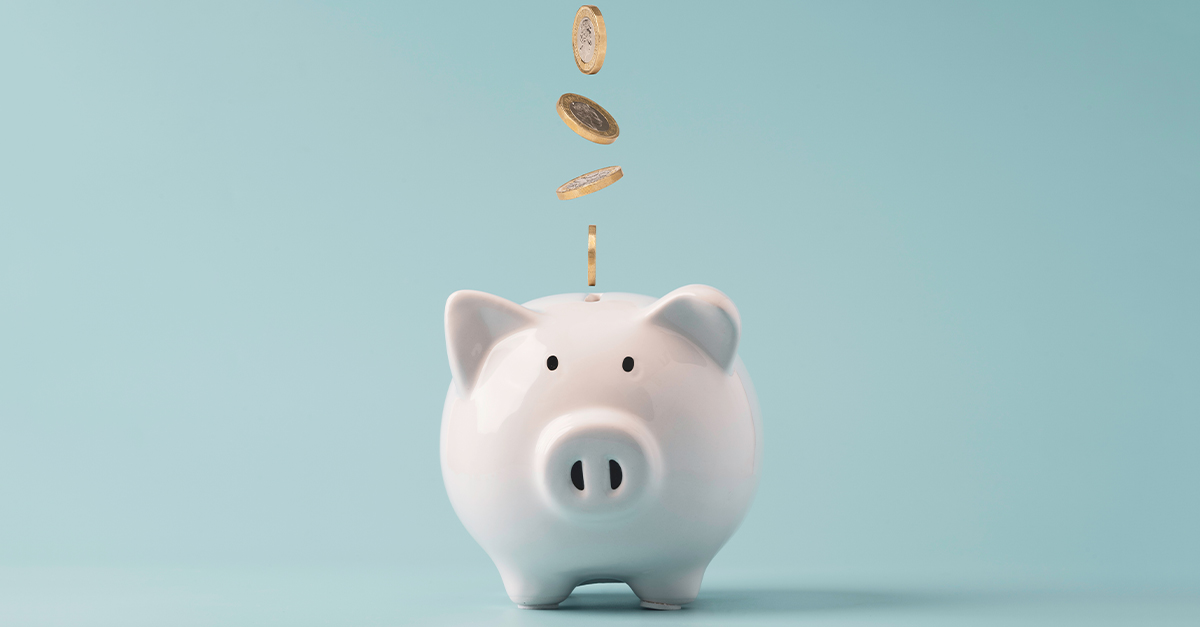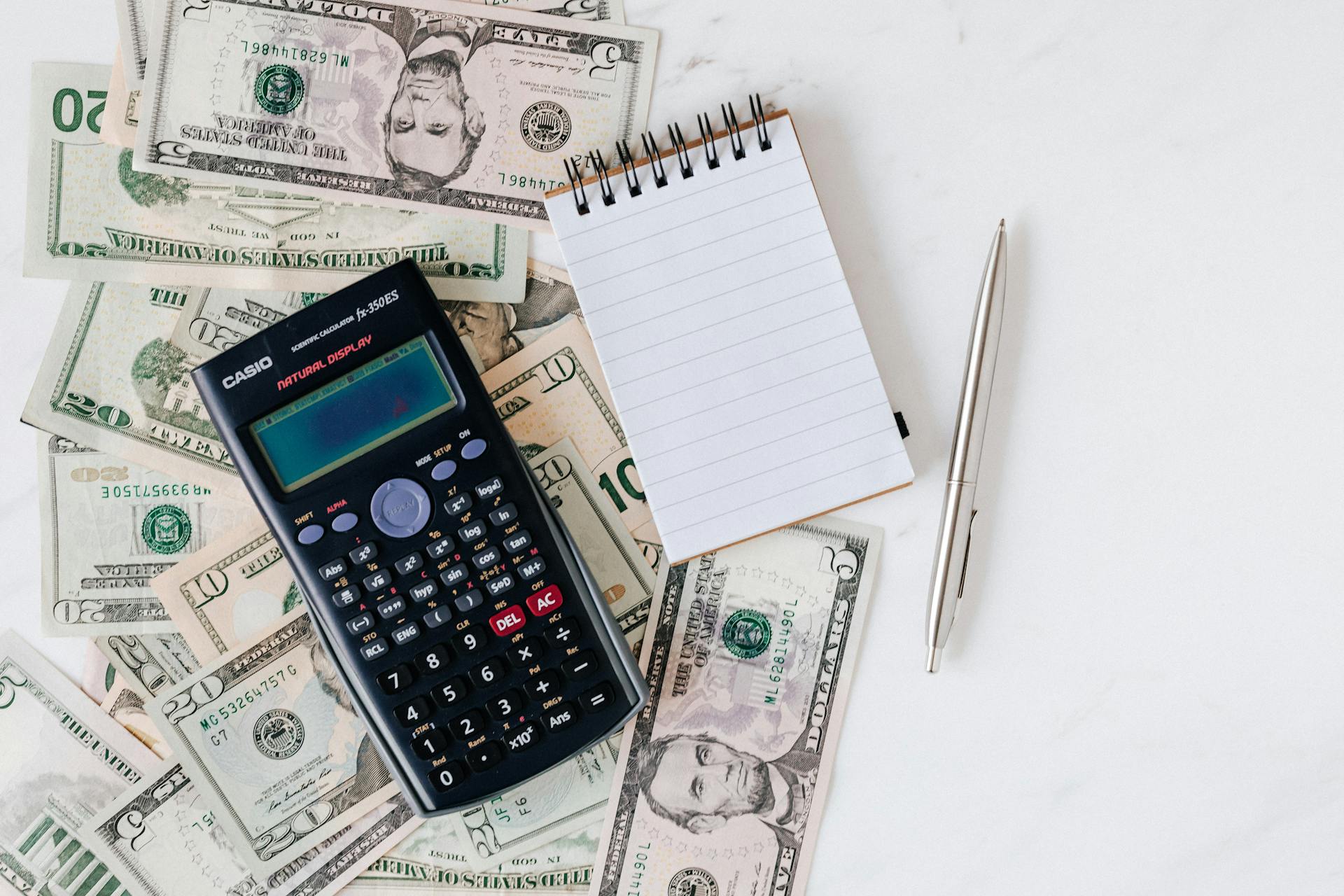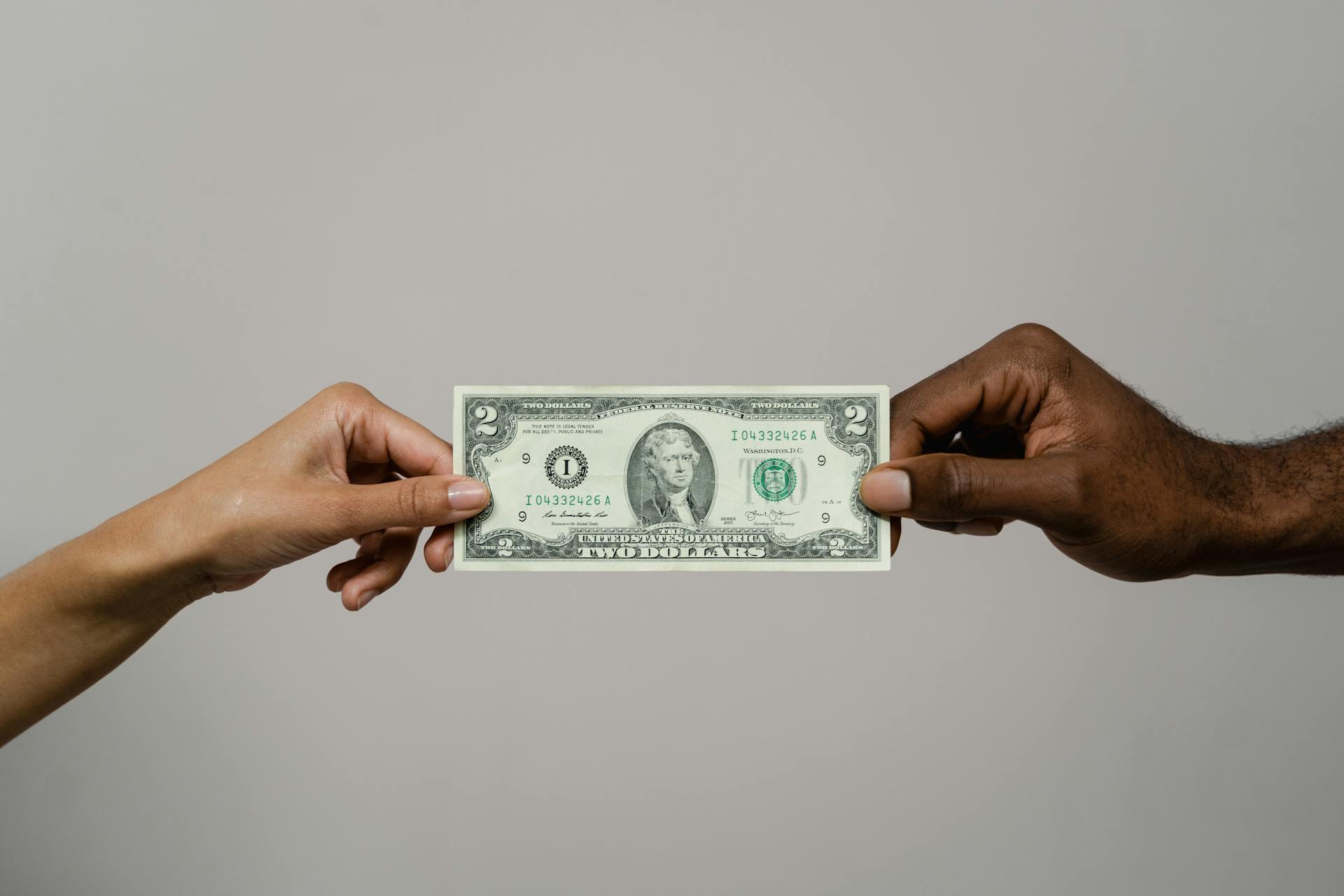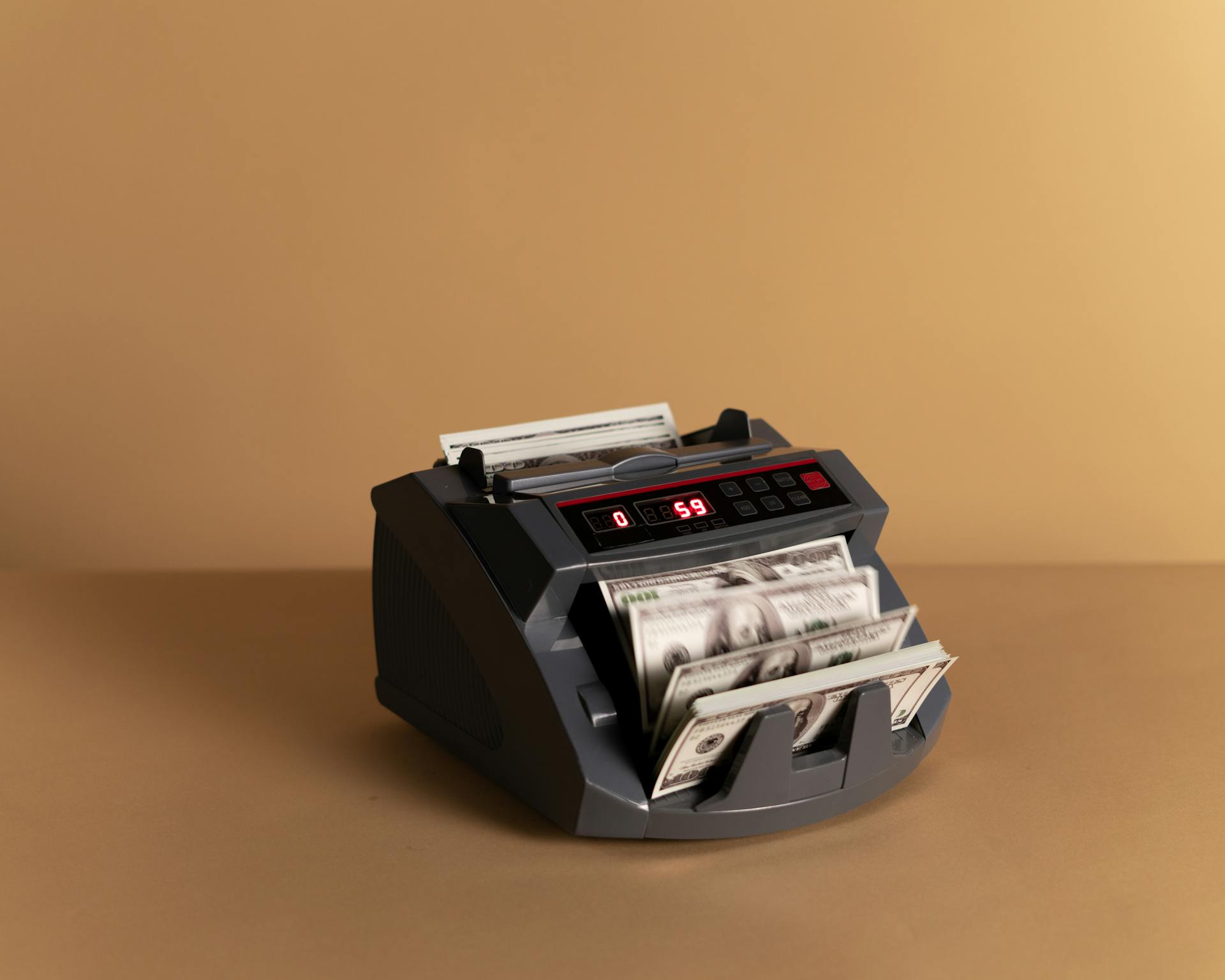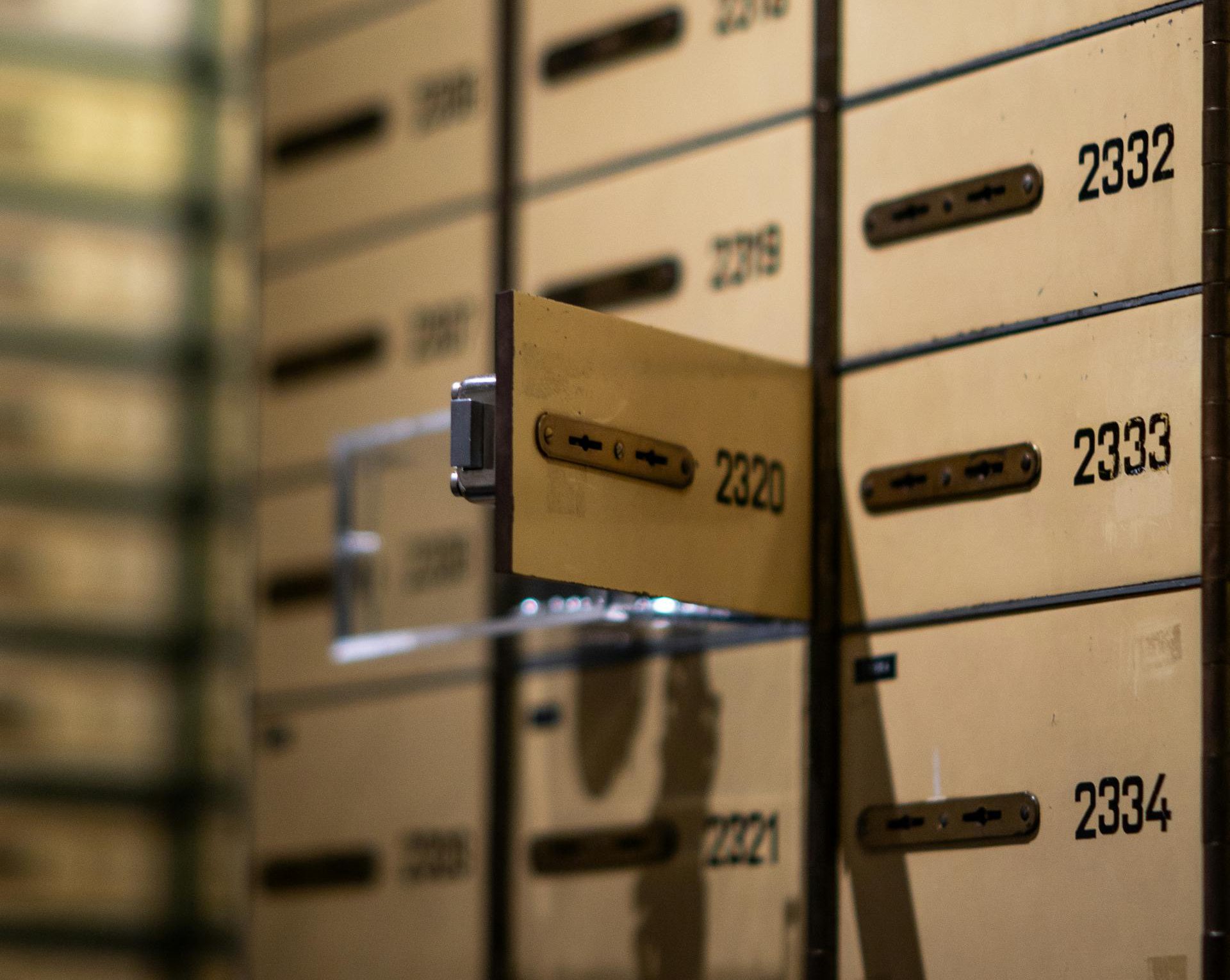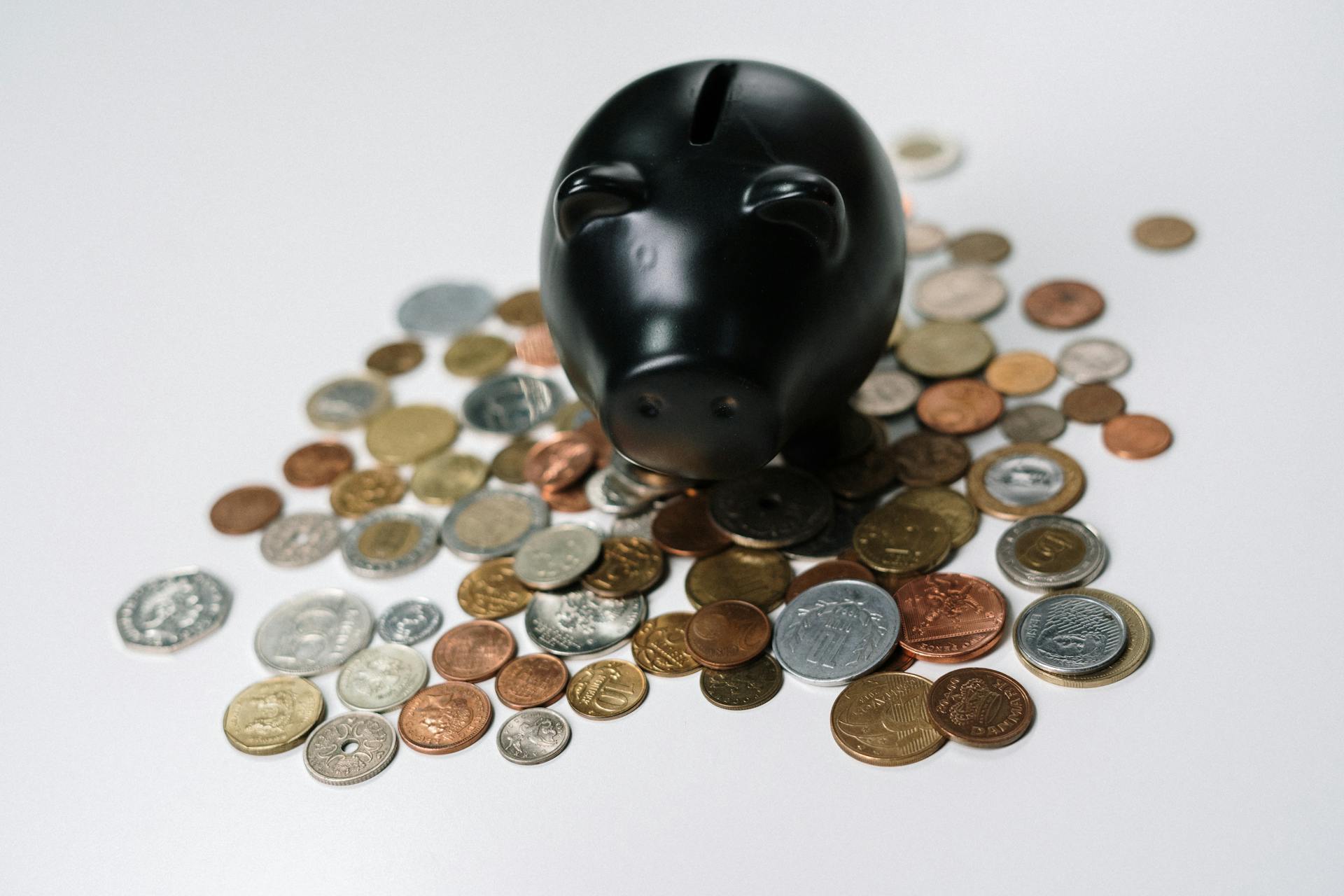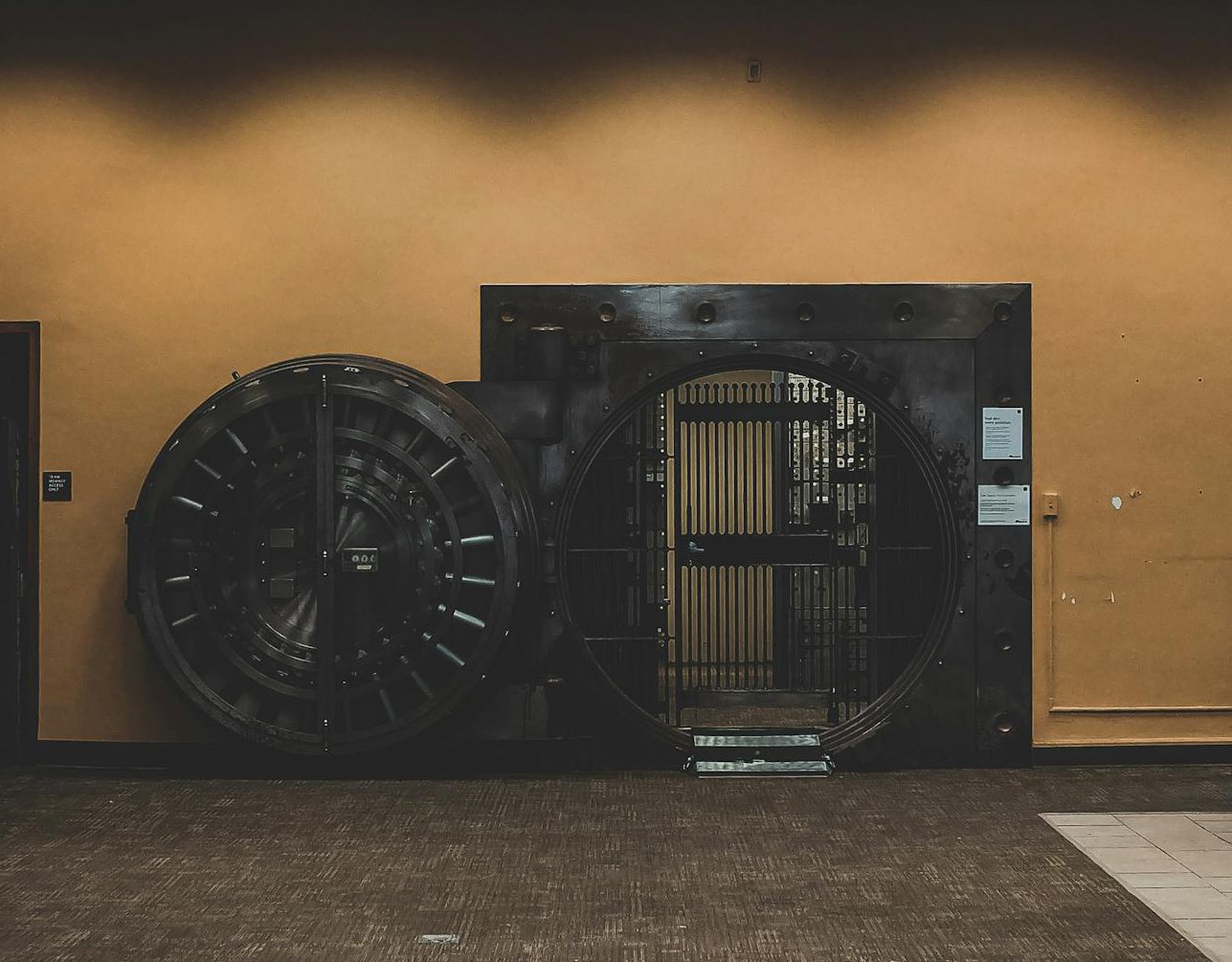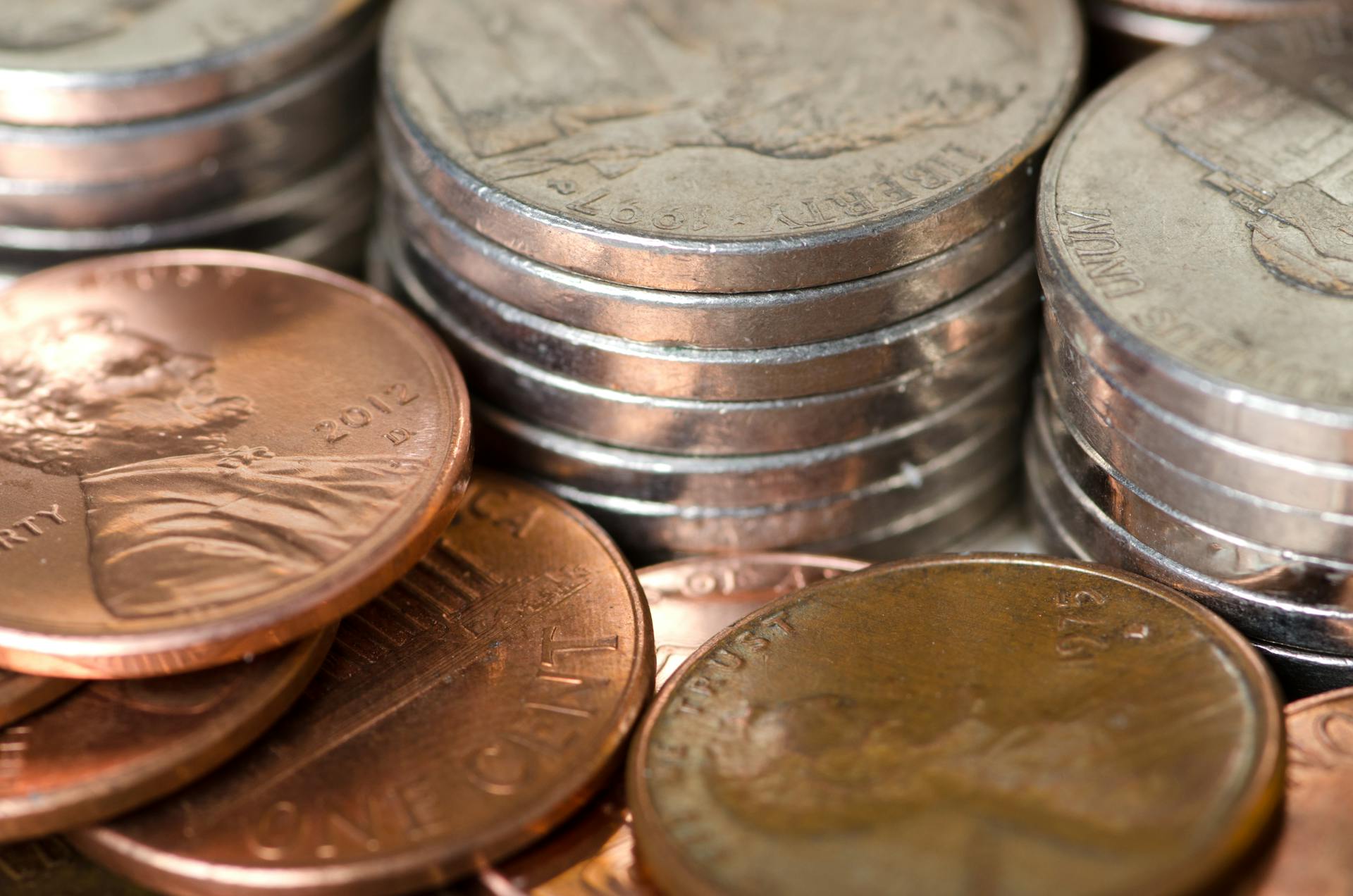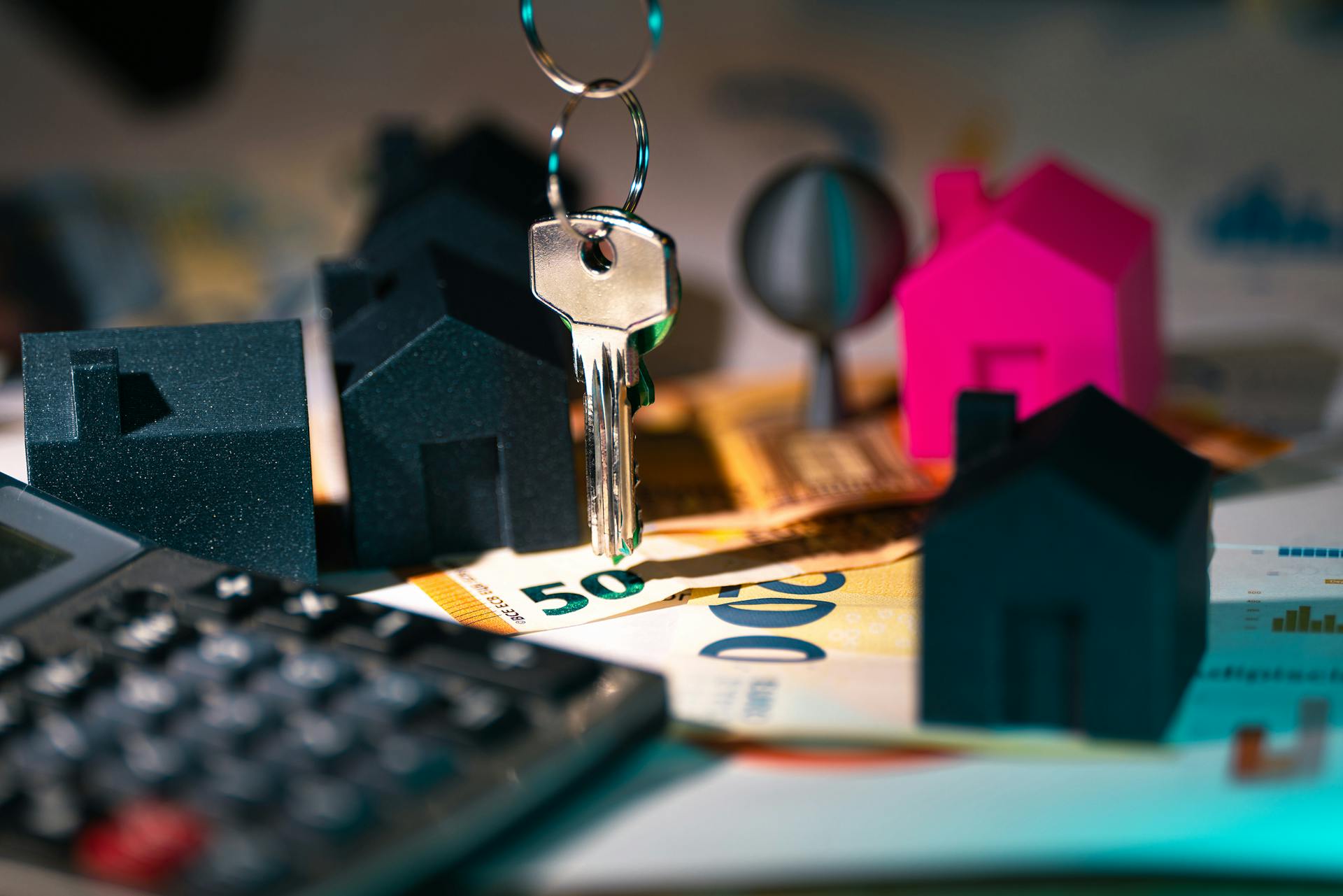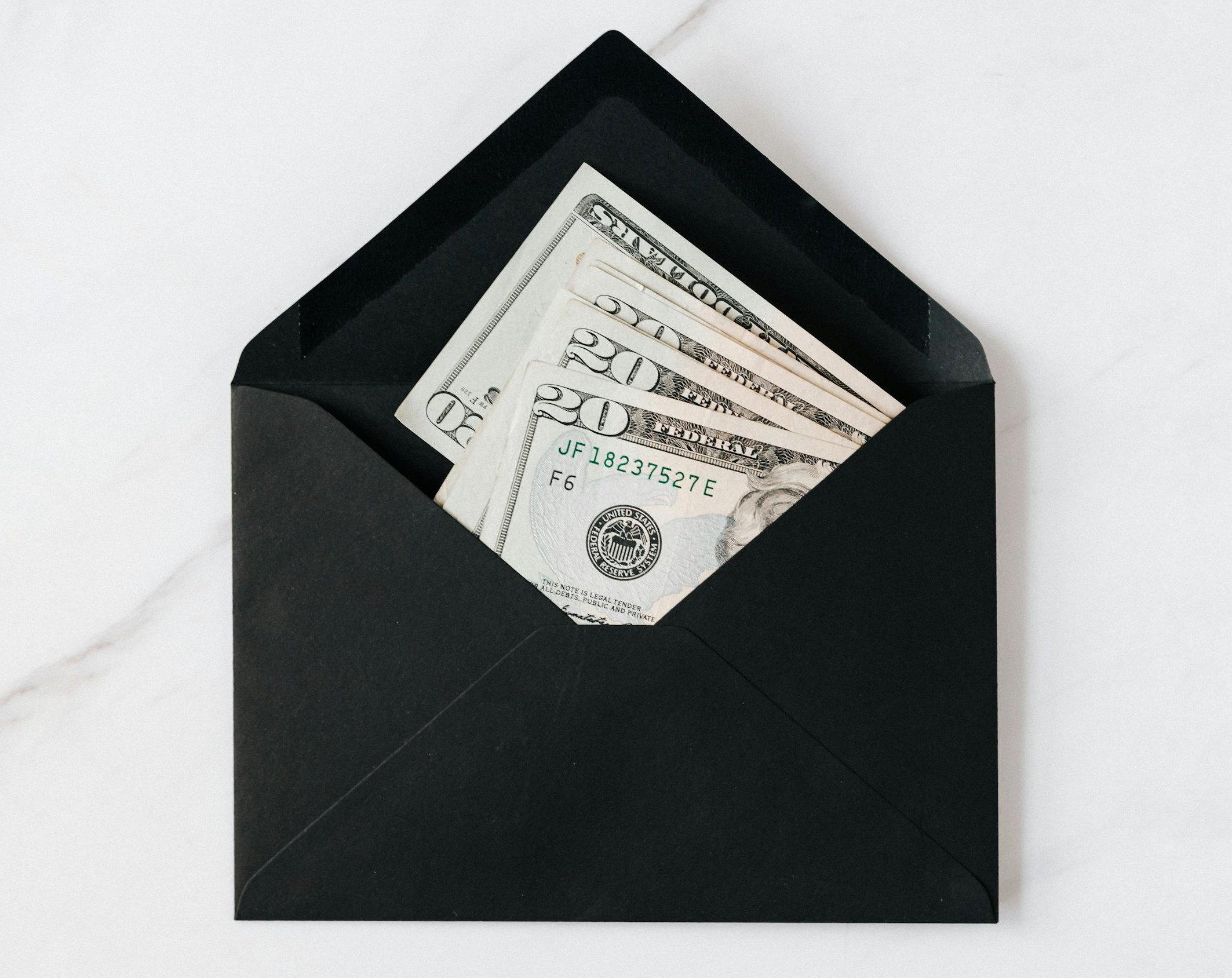Manage Your Money Like A Pro
Do your finances stress you out? Do you dream of a day when you no longer have to worry about if you can afford something? Well, buckle up, because these are the best tips for how to never run out of money.

Track Your Income And Expenses
It might seem like an arduous chore to make note of all your expenses and income, but it will become a fantastic tool that will help you understand your spending habits. There are a few ways to do this.
Track Your Income And Expenses
In the age of modern technology, there are many apps that you can download for free, or pay for, that will help keep your finances and budget organized. You can also prepare your own budget using a spreadsheet application.
Track Your Income And Expenses
By sitting down and looking at the recorded data bi-weekly or every month, you may find it easier to see where your money management has gone astray, or whether you're right on track.
Track Your Income And Expenses
Once you identify patterns in your spending habits, you can then adjust your behaviors to better meet your financial goals. It can also help you prioritize where you should be allocating your income.
Plan For The Future
Though it may seem daunting to try to predict the future, in the long run, planning for a financially secure future will likely bring you peace of mind. Think about the standard of living you aspire to and what kind of retirement you want to save for.
Plan For The Future
When planning for retirement, one has to take into account their income and inflation. Of course, as time passes, your goals may shift. If your present is affected by financial changes, it's important to also think about how this will change your overall plans for the future—and adjust accordingly.
Save, Save, Save
In an ideal world, people should save at least 20% of their income, allocating 80% to whatever expenses they might have. But even saving a small portion of every paycheck is better than saving nothing at all. In the wise words of Warren Buffet, “Do not save what is left after spending but spend what is left after savings".
Save, Save, Save
It becomes easier to save if you start saving earlier. Time is such a fickle friend. It passes so quickly. If you're a prudent saver, you'll see just how much you can save little by little. However, if you put off saving for a long while, it is far harder to catch up. The best time to start saving is right now.
Save, Save, Save
Once you've paid all your necessary bills and bought your food, as well as put some money into savings, then you can use whatever's left over for leisure indulgences. Concerts, personal shopping, theater tickets, and fancy dinners are the last things you should spend your paycheck on. However, this might take a little extra planning too.
Save, Save, Save
As social creatures with friendships, family, and community events to tend to, it can be helpful to balance your schedule. For instance, if one month is packed with dinners and day dates with friends, perhaps cut down on your shopping budget so that you funnel those funds toward your social activities.
Invest Your Money
While saving is essential for healthy financial habits, it is also wise to invest those savings. Growth investments are a great way to grow the money you already have.
Invest Your Money
One general rule to follow when moving your funds into equity is to subtract your age from 100—this is the percentage of your savings that should go toward equities.
Invest Your Money
There are many ways to invest, and depending on your risk tolerance, it might take some research to understand what is the best fit for you. Some examples include mutual funds, index funds, bonds, stocks, etc.
Invest Your Money
Again, according to Warren Buffet, “If you don't find a way to make money while you sleep, you will work until you die". This sounds pretty bleak, but it's also a reminder to take advantage of compound interest. The earlier you start investing, the more wealth you'll accumulate in the long term.
Make Sure You Have An Emergency Fund
Sometimes life throws brutal curveballs our way, and it's best to be prepared for them, otherwise, one terrible emergency might wipe out whatever savings you have. This could be anything from a sudden job loss to an unforeseen vet bill.
Make Sure You Have An Emergency Fund
However, if you have an emergency fund, you'll be able to rest easy knowing that you won't have to touch your investments or savings. Calculate how much you would need to live for three months (rent, food, bills, necessities, etc), and set this amount aside just in case.
Make Sure You Have An Emergency Fund
To build your emergency fund, allocate a small portion of your income to it every paycheck. You could also funnel that money into an investment strategy, placing it in liquid funds or short-term debt funds.

